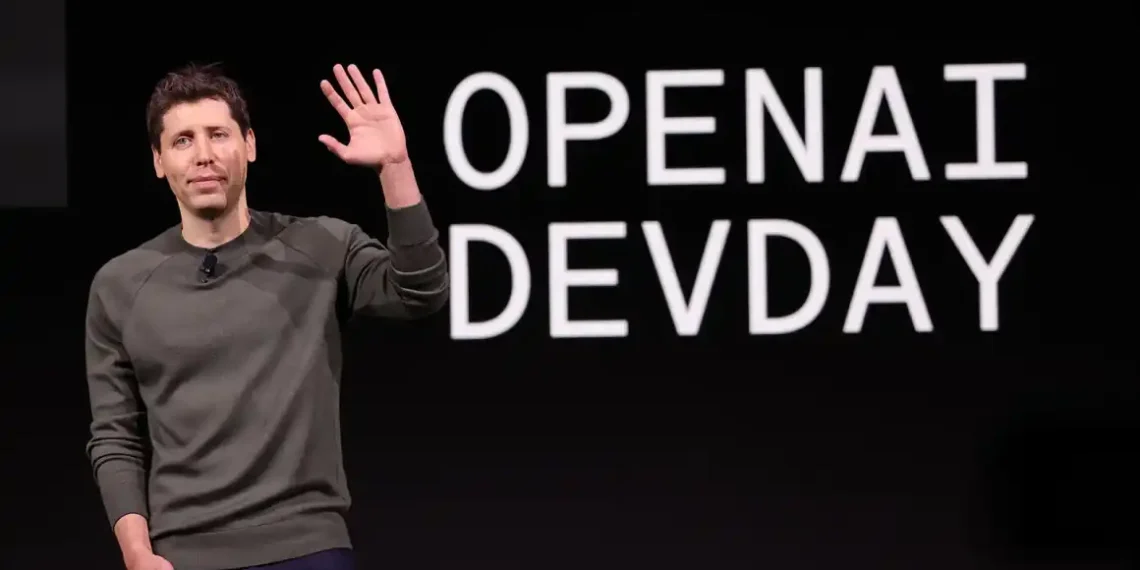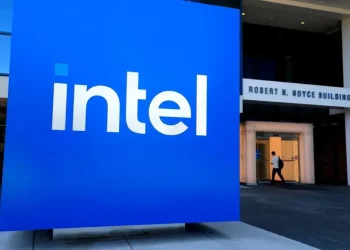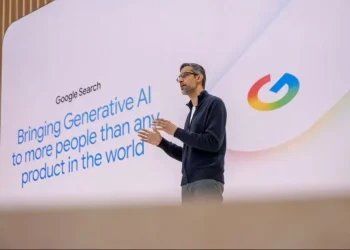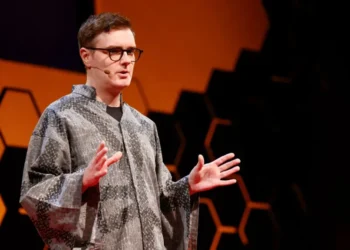OpenAI to Stay Under Non-Profit Control Amid Restructuring Plans
In a move aimed at securing more investment and keeping pace with the rapidly evolving AI landscape, OpenAI announced on Monday that it will remain under the control of its nonprofit parent. However, the company plans to restructure its for-profit arm to help raise additional capital necessary for advancing artificial intelligence (AI) technology.
This decision comes after a whirlwind of criticism and legal challenges, including a high-profile lawsuit from Elon Musk. Musk and others have accused OpenAI of drifting from its original mission to develop AI that benefits humanity.
In a blog post, OpenAI explained that it chose to keep the nonprofit in charge after consulting with civic leaders and engaging in discussions with the Attorneys General of California and Delaware. The company emphasized that it would work closely with its major backer, Microsoft, along with regulators and newly appointed nonprofit commissioners, to finalize the new structure.
The Push for More Capital
OpenAI had initially planned in December to transform into a public benefit corporation, which would allow the organization to raise more capital and reduce restrictions imposed by its current nonprofit framework. This move raised concerns about the allocation of assets between the nonprofit and for-profit arms and the balance between making profits and serving the public good, especially as OpenAI pushes the boundaries of AI development.
On Monday, the company clarified that the nonprofit will continue to control the public benefit corporation, making it a major shareholder in the newly structured entity. Public benefit corporations offer more flexibility than traditional nonprofits, allowing them to pursue profits while still focusing on social impact.
A Compromise That Works for Investors
Bret Taylor, OpenAI’s board chairman, called the announcement a “compromise” that preserves much of the existing structure. CEO Sam Altman echoed this sentiment, describing it as a solution that satisfies investors while ensuring enough funding to continue its ambitious AI projects.
OpenAI has been facing increasing pressure to attract more investment in the race to develop artificial general intelligence (AGI) — AI that surpasses human intelligence. The startup plans to raise up to $40 billion in a funding round led by SoftBank Group, with a projected $300 billion valuation. This round, however, hinges on OpenAI’s transition to a for-profit model by the end of the year.
Raising Capital and Investor Concerns
Despite the announcement, some analysts remain skeptical about OpenAI’s ability to raise capital as efficiently with nonprofit control in place. Gil Luria, an analyst at D.A. Davidson, pointed out that “the nonprofit status significantly reduces OpenAI’s ability to raise capital,” as investors typically seek a return on investment, something harder to achieve with a nonprofit structure.
A History of Drama and Change
OpenAI’s governance structure gained attention in November 2023 after a dramatic boardroom shakeup that saw Altman ousted for a brief period over trust and communication issues. His reinstatement, after a wave of support from employees and investors, was a defining moment for the company, highlighting the challenges of balancing its nonprofit roots with the demands of rapidly expanding in a commercial market.
With this new restructuring plan, OpenAI aims to strike a delicate balance between maintaining its original mission and scaling up to meet the growing demand for advanced AI technology. Whether the move will satisfy all stakeholders, however, remains to be seen.
This article was rewritten by JournosNews.com based on verified reporting from trusted sources. The content has been independently reviewed, fact-checked, and edited for accuracy, neutrality, tone, and global readability in accordance with Google News and AdSense standards.
All opinions, quotes, or statements from contributors, experts, or sourced organizations do not necessarily reflect the views of JournosNews.com. JournosNews.com maintains full editorial independence from any external funders, sponsors, or organizations.
Stay informed with JournosNews.com — your trusted source for verified global reporting and in-depth analysis. Follow us on Google News, BlueSky, and X for real-time updates.














